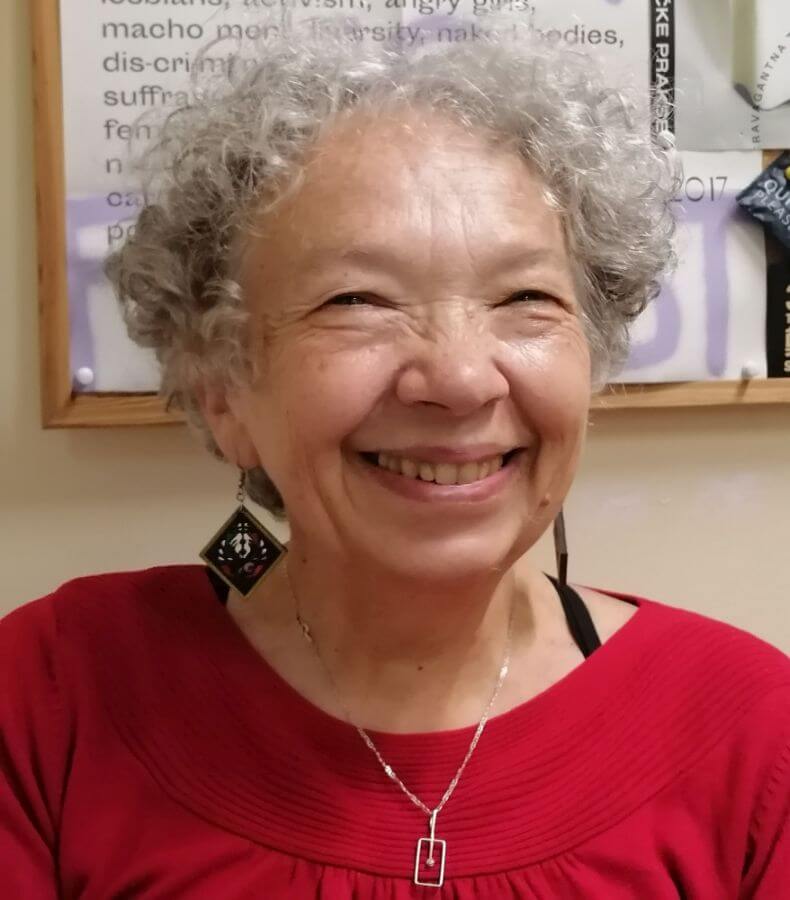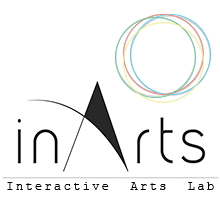Staff

Dubois Calero Nathalie
Member of the Node for Hybrid Arts (NoHA)
Scientific Collaborator
https://www.nathalieduboiscalero.com/
Dr. Nathalie Dubois Calero is a bioartist and industrial microbiologist whose interdisciplinary work bridges the life sciences, technology, and the arts. Her practice engages critically with the material and ethical dimensions of biotechnology, exploring the entanglements between human and non-human life forms and the cultural narratives that emerge from contemporary biotechnological processes.
Holding a PhD in Life Sciences from Pierre et Marie Curie University (Paris VI), where she specialized in microbial biotechnology and environmental applications, Dr. Dubois Calero combines a strong scientific background with an artistic sensibility deeply rooted in ecological and feminist inquiry. She later completed an MFA in Creative Arts at the University of Windsor, Canada, expanding her research into the aesthetic, philosophical, and performative implications of biotechnology within artistic practice. This dual expertise forms the basis of her hybrid approach to bioart, in which laboratory research and artistic experimentation coexist as modes of knowledge production.
Dr. Dubois Calero served as Vice-President of Research and Development at AlgaLabs Inc., where she led projects involving microalgae cultivation, fungi research, and plant tissue culture. She was also a researcher at Innofibre, the Research and Innovation Centre in Fibre Technologies in Quebec, Canada, and a visiting researcher at Rensselaer Polytechnic Institute (USA), collaborating with artists and scientists in experimental bioart laboratories. Currently, she is a member of the Incubator Art Lab in Canada and of the Interactive Arts Laboratory in Greece, contributing to international networks fostering cross-disciplinary innovation between the arts and life sciences.
Her artistic and research work focuses on the microbiome as both a biological and philosophical paradigm, revealing the interconnectedness and co-dependence of living systems. Through living installations, performative experiments, and participatory processes, she explores the poetics of microbial life, questioning dominant hierarchies between human and non-human entities and reflecting on the ethics of care, contamination, and coexistence. Her projects invite audiences to engage sensorially and intellectually with living matter, rethinking what constitutes life, agency, and community in a post-anthropocentric world.
Selected publications:
Li, Y., Horsman, M., Wu, N., Lan, C. Q., & Dubois-Calero, N. (2008). Biocatalysts and bioreactor design: Biofuels from microalgae. Biotechnology Progress, 24(1), 815-820. https://doi.org/10.1002/btpr.67
Bourdeau, N., Bélanger-Lépine, F., Adjallé, K., Dubois-Caléro, N., Dosnon-Olette, R., Samson, G., & Barnabé, S. (2017). Mixotrophic cultivation of an algae-bacteria consortium in aluminium smelter wastewaters (Quebec, Canada): high nitrogen concentration increases overall lipid production. Industrial Biotechnology, 13(5), 260-269.
Adjallé, K., Paradis, J., Pilon, G., & Dubois-Caléro, N. (2015). RT-Algae: An integrated cultivation, harvesting, dewatering and conditioning process of microalgae biomass for biofuel and high-value compounds production. In Proceedings of the World Congress on Biotechnology. Montréal, Canada.
Duquette, S., Dosnon-Olette, R., & Dubois-Calero, N. (2015). Les technologies papetières appliquées à la production de microalgues. Québec: Éduq.info.
Back


